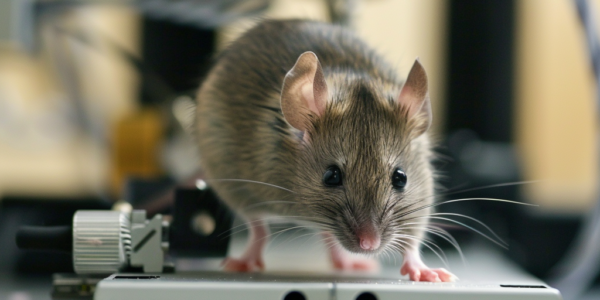Study Reveals Brain’s Thalamus Role in Hunger-Driven Motivation
Researchers have made a significant breakthrough in understanding the brain’s thalamus and its role in hunger-driven motivation. A recent study conducted with mice has shed light on the involvement of two distinct neuronal populations within the paraventricular nucleus (PVT) in regulating actions aimed at achieving a goal, such as foraging for food. The study revealed that dopamine D2 receptor-positive (PVTD2(+)) neurons play a pivotal role in amplifying motivation and pursuit behaviors, while their counterparts, PVTD2(–) neurons, are linked to action termination. This discovery challenges previous assumptions about the uniformity of the PVT and underscores its critical function in translating hunger into motivated action. The findings hold promise for the development of new treatments for motivation-related psychiatric conditions.
4 Science-Backed Tips for Sticking to New Healthy Habits
Are you one of the 40 percent of Americans who start a new health kick every year, only to see it fizzle out after a few months? Well, there’s hope! According to experts, new healthy habits can work if you…


